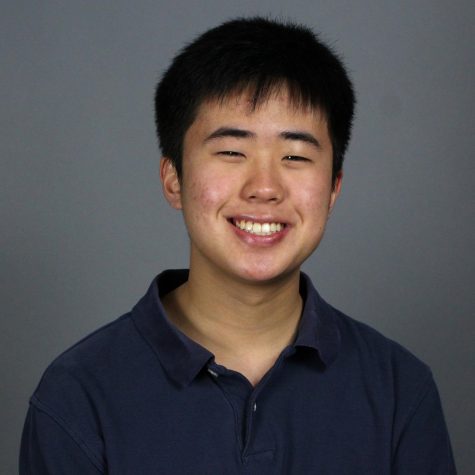Philosophy Club ponders moral issues in Ethics Bowl
February 16, 2016
Is it ethical for sports stars to respond aggressively to racist remarks, for deaf parents to intentionally choose a deaf child or for sixteen-year-olds to vote in national elections? These are a few of the questions that Philosophy Club discussed before competing in the regional High School Ethics Bowl on Saturday, Feb. 6, at Rice University. The St. John’s team engaged with students from seven other schools in philosophical discussion.
“Ethics Bowl really differs from other competitions and tournaments because we are prompted to build on each other’s arguments, as opposed to arguing against each other,” Philosophy Club president Marisa Murillo said. “We don’t refer to other teams as opponents, and we try to keep a social and friendly atmosphere around us.”
St. John’s won the Civility Award, which is one of only three prizes given. The award is given to the team that demonstrates the most courtesy and open-mindedness.
“I’m glad we were recognized because being polite is very important to ethics,” junior Aileen Zhang said. “It encourages discussion beyond personal attacks.”
For about two months prior to the event, members studied and discussed 12 Ethics Bowl cases. Each case presented a moral dilemma with challenging questions.
“The topics forced me to think in ways that I never had before,” Zhang said.
Every team participated in three rounds. In each round, two teams of five are paired to discuss two cases. Because students could switch out between rounds, larger teams had an advantage.
“We only had four members to compete at all times as opposed to those teams that had seven members to rotate, so it really forced us to think on our toes and be alert,” junior Andy Huff said.
The St. John’s team discussed a wide range of issues, including the national attention garnered for ALS funding and the morality behind private education. The topic of healthcare for gender-reassignment surgeries interested senior Madison Trice.
“Gender-reassignment was one of the most current and controversial issues we discussed,” Trice said. “I actually think about this topic a lot, so being able to express those thoughts and make a concrete plan was interesting.”
Judges based their evaluations on criteria such as eloquence, civility and depth of ideas. They also considered how accurately teams could use theories such as utilitarianism.
“Our goal wasn’t to compete about who’s right about the topic. It was to discuss and expand our views over the given case,” Zhang said. “You should never enter the room with a one-sided mindset.”
Members agree that they excelled in immediate conversation but could have benefited from more preparation.
“Not only did the other teams probably spend much more time preparing, but they also had official coaching,” Zhang said. “But for our organization and schedules, we did pretty well.”
The team will soon receive score sheets from the judges. Murillo hopes that this information will give insight about where to focus their efforts.
“We did a good job of maximizing the time and resources available to us,” Murillo said. “I’m satisfied with how we did, but I’m also excited to improve.”




